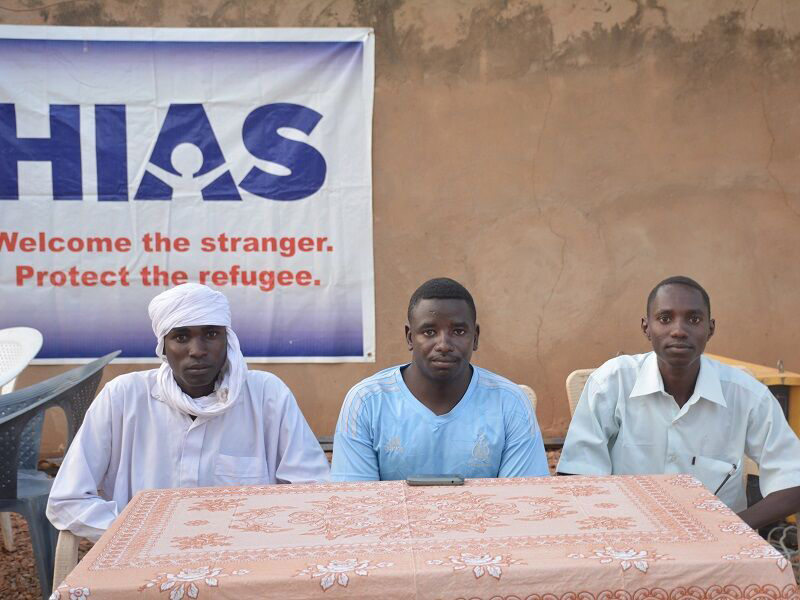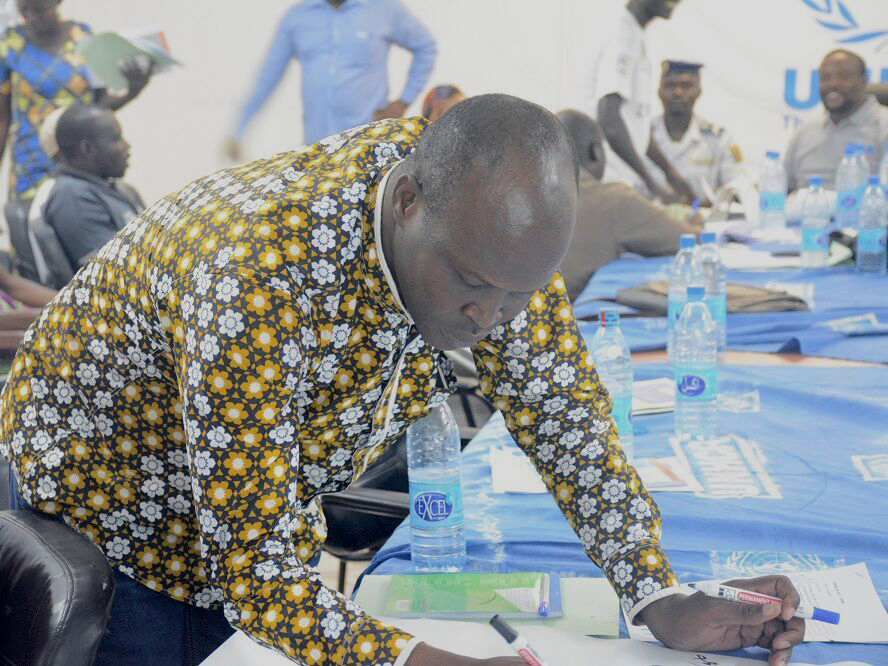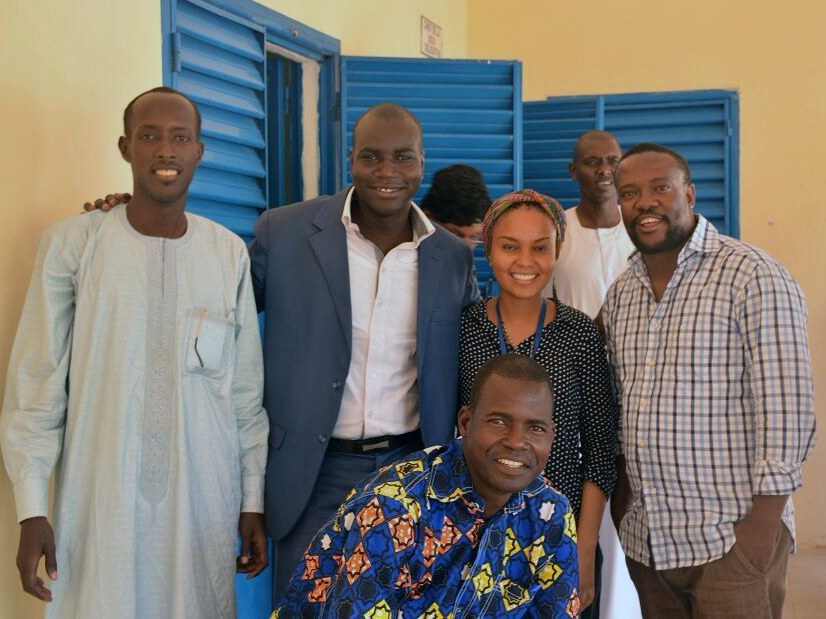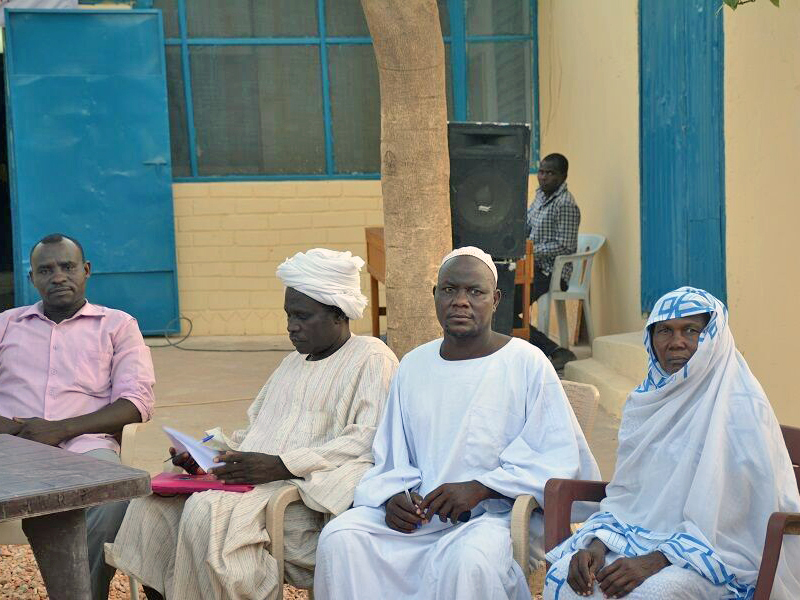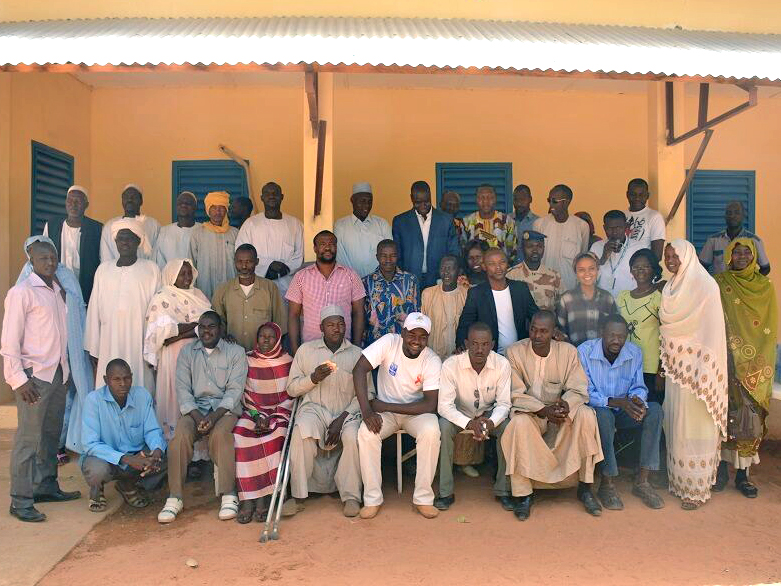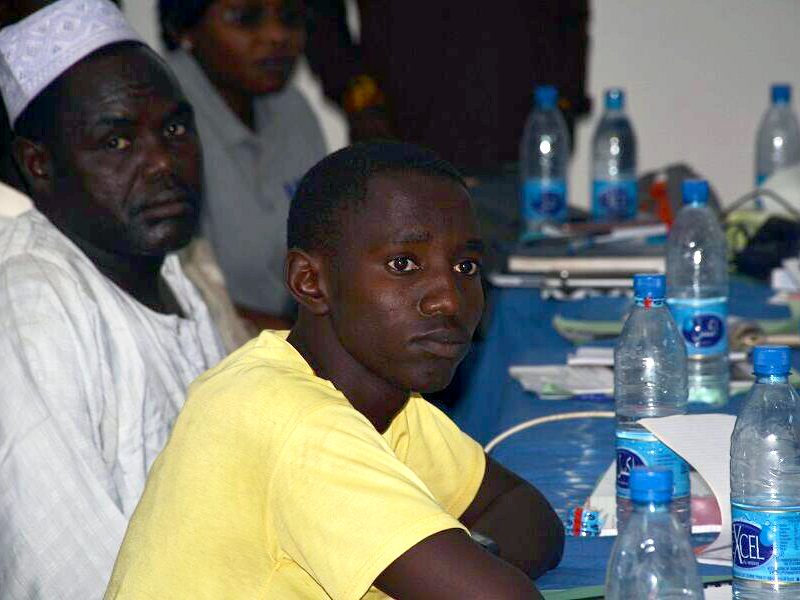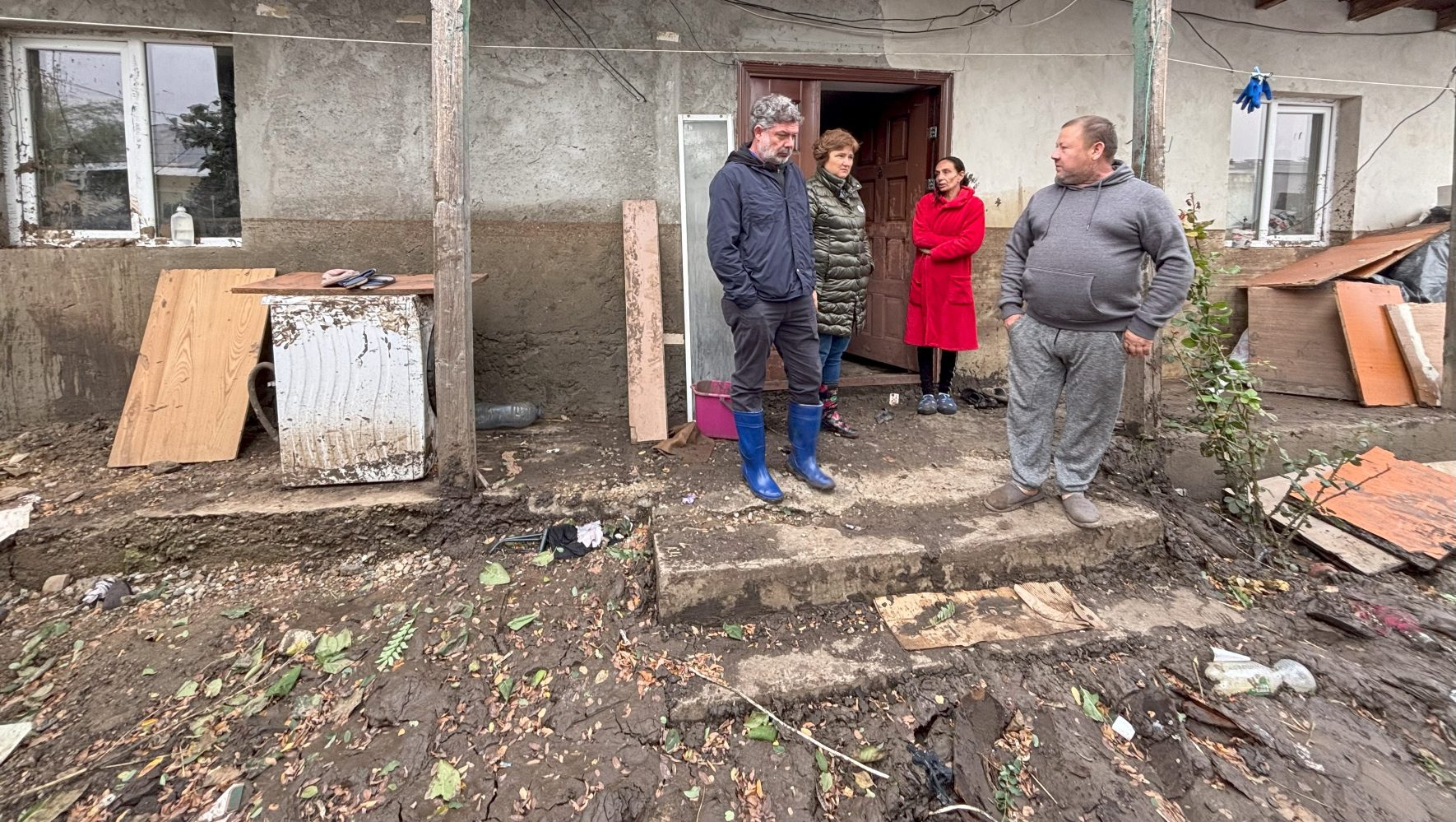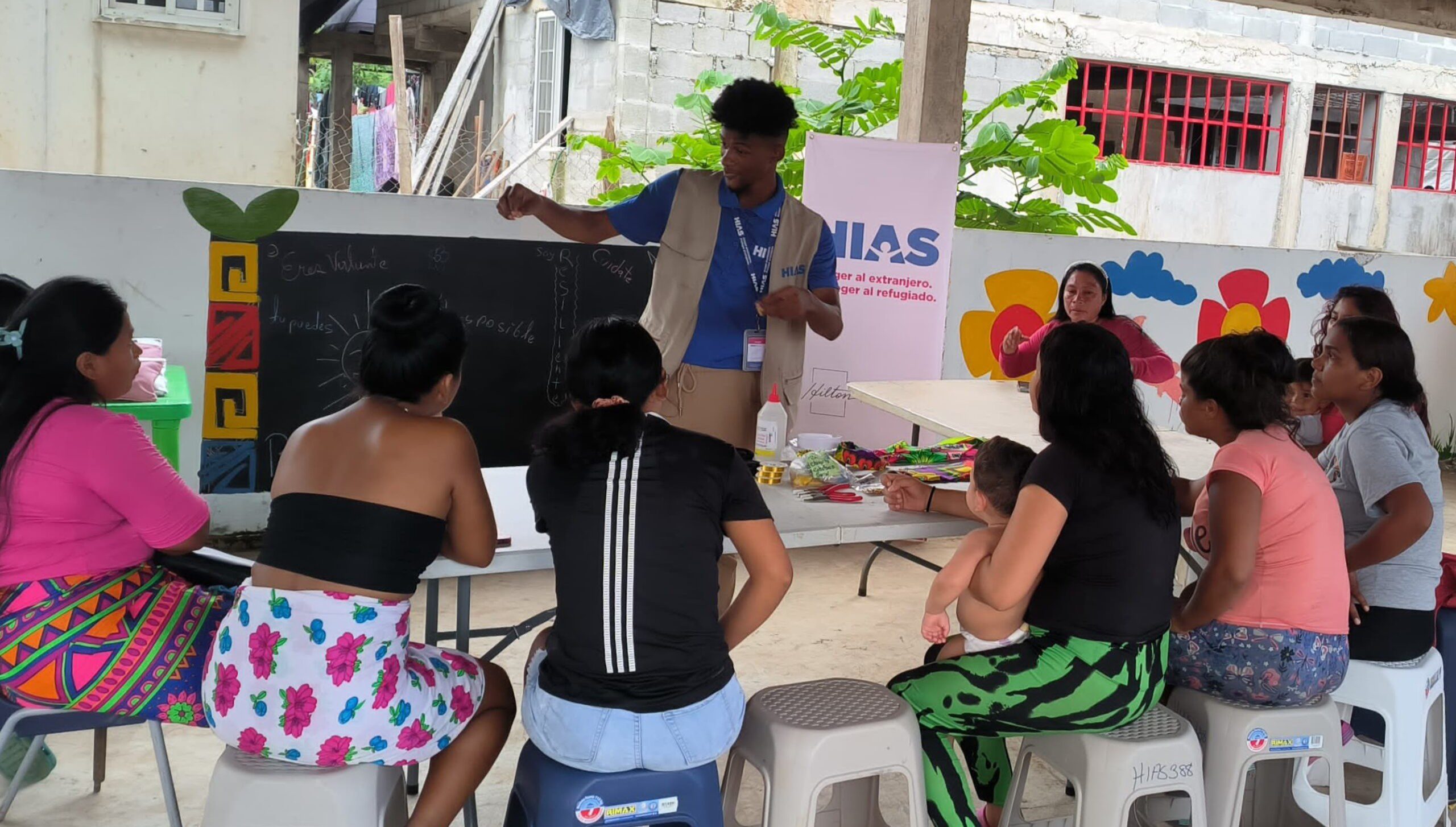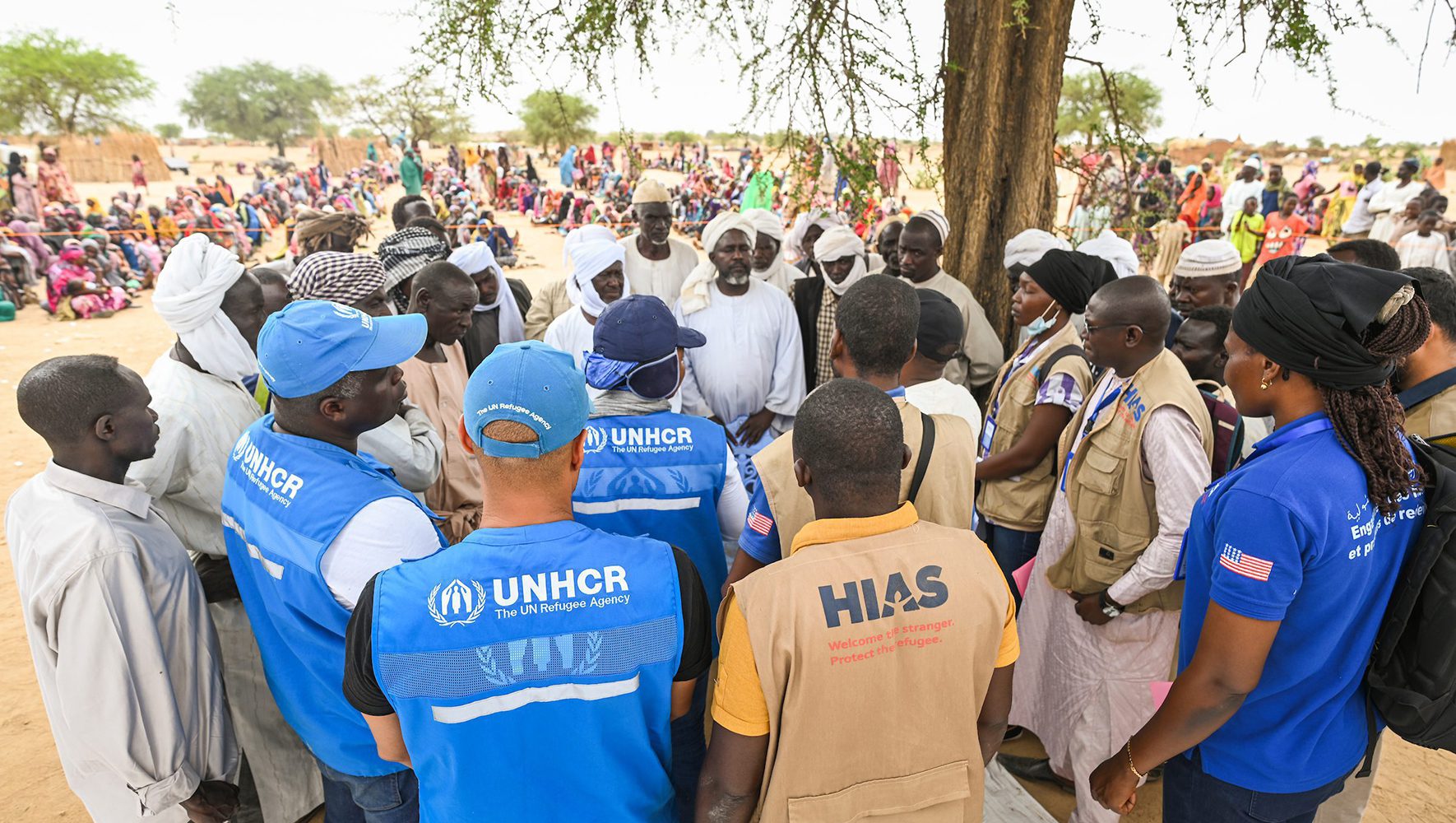How to Make Sure Sexual Violence Prevention Includes Older Refugees
By Rachel Nusbaum, HIAS.org
May 02, 2016
“Young girls should be given a chance to go to school and be allowed to grow up and be able to make informed choices,” urged Khadija, a refugee and a leader among the women in Goz Amir Camp in Chad.
The discussion arose during a HIAS-organized workshop in eastern Chad in March. The four-day workshop, made possible by funding from the US State Department’s Bureau of Population, Refugees and Migration, focused on including older refugees in programs designed to prevent and respond to sexual and gender-based violence.
The issue of forced marriages between old men and young girls in the refugee camps deserves more attention, said Khadija. The girls are meant to be caregivers to the older men, but such marriages are “putting the old men at risk of abuse and neglect.”
Sexual and gender-based violence (or SGBV, as it is often called) is an unfortunate reality all over the world. But because they are already vulnerable, without many of the legal and social protections that most of us take for granted, refugees are at even greater risk for this type of violence.
Counseling, group therapy and other services can help survivors of SGBV recover and thrive. But those services must exist, and providers must be able to connect survivors with them. This can be a problem for overlooked groups not typically thought of as “at-risk” for SGBV. To address this, HIAS is holding a series of trainings in four countries focusing on the needs of these often overlooked groups.
The 52 participants who attended this particular training included HIAS and UNHCR staff who work in the local refugee camps (Djabal and Goz Amir, and another site called Kerfi), representatives of Chad’s Ministry for Social Services, other NGOs, local authorities, and representatives of the elderly in Djabal, Goz Amir and Kerfi. Refugee community leaders, selected by the community to represent them in this and other matters, also attended. Two seasoned Arabic translators were present to ensure that no information was lost and that the refugee leaders and representatives of the camps who were present could participate actively in the discussions.
“It makes us happy to be involved and for our voices to be heard as equal partners in this process,” one of the refugee leaders who attended said.
Many topics were covered, including: age-based discrimination; working with caregivers; the physical, medical, and psychosocial consequences of SGBV against older persons; applying a survivor centered approach; and integration of older refugees in SGBV prevention and response programs in Chad.
At the end of the training, an eight-person committee was selected from among the participants to chart a way forward on the inclusion of older refugees in local SGBV prevention and response programs. They will meet soon to develop a strategy, with guidance from HIAS Chad, based on the proposals coming out of the training.
Refugees who took part were asked to evaluate the training. “We were glad to be trained together with the NGO members,” said one man, a refugee community leader from the Goz Amir camp. “We learned from them and they learned from us. Now we are aware of our rights."
“After such a productive session, I can’t wait to see what they come up with next. I’m confident they will have a positive impact,” said Wendy Arunga, Project Director at HIAS Chad. “Most importantly, they will be able to raise awareness within their own organizations and communities that elderly refugees shouldn’t be forgotten.”


